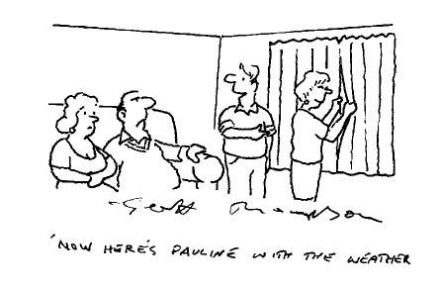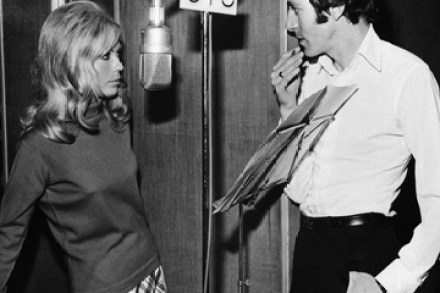I thought I was having a Nobel laureate for tea. Instead, the BBC had me for lunch
Last week I was stitched up like a kipper by the BBC. Perhaps you saw the programme — a Horizon documentary called Science Under Attack. Perhaps you were even among the dozens whom it inspired to send me hate emails along the lines of, ‘Ha ha. Think you know more about science than a Nobel prizewinner do you? Idiot!’ Perhaps it’s time I set the record straight. Last week I was stitched up like a kipper by the BBC. Perhaps you saw the programme — a Horizon documentary called Science Under Attack. Perhaps you were even among the dozens whom it inspired to send me hate emails along the lines
















